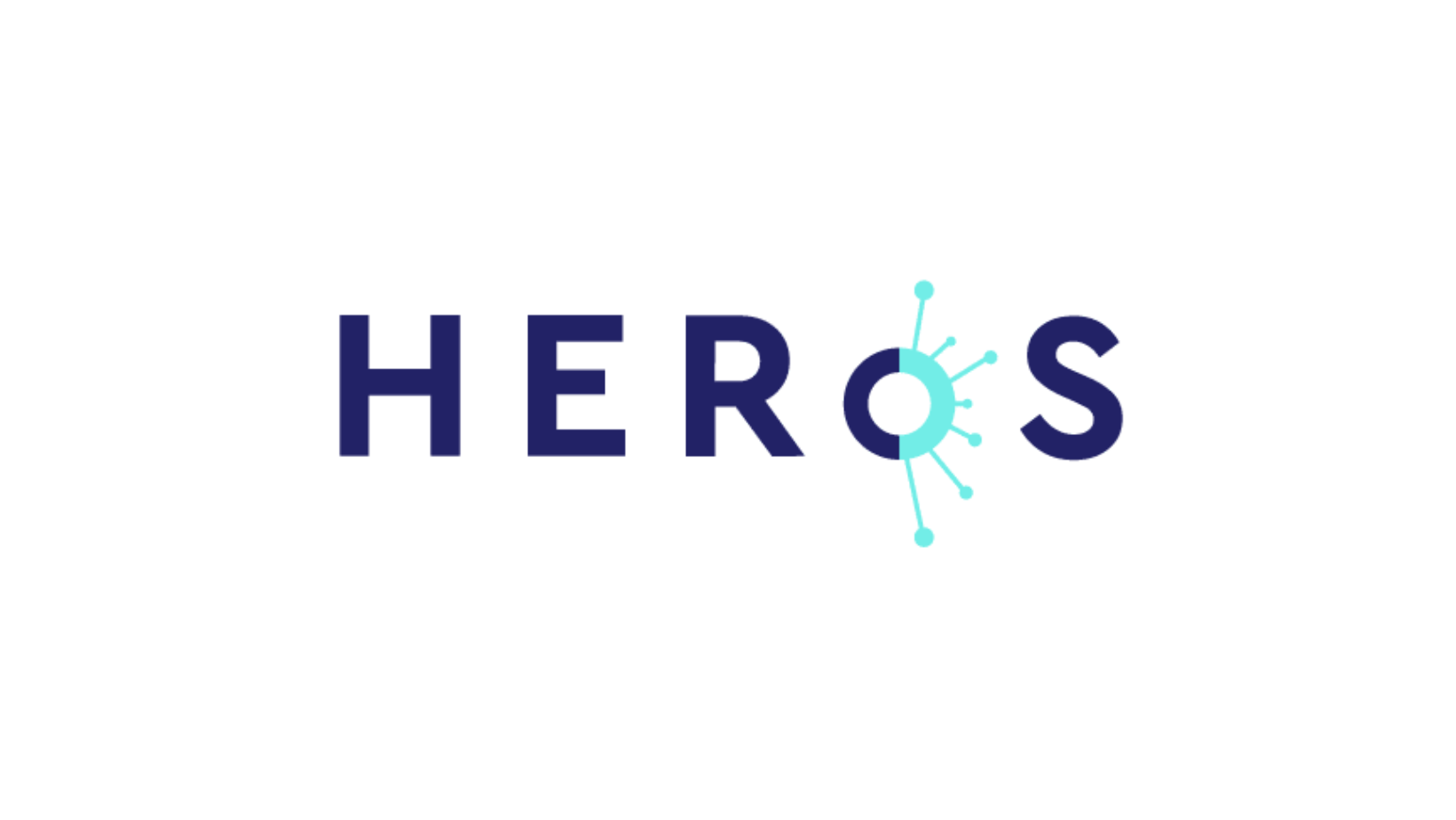Challenge:
HERoS is a Horizon 2020 project funded by the European Commission that addresses the need to understand the social dynamics of the Covid-19 outbreak and the related public health response. The overall objective of HERoS is to improve the effectiveness and efficiency of the response to the Covid-19 outbreak by generating actionable knowledge in four areas: governance, models in epidemics, medical supply chains, and online misinformation. For this research project, NHG partnered with a number of other international organisations.
Solution:
NHG conducted a healthcare system analysis to assess how healthcare systems responded to the crises during the first wave of the COVID-19 pandemic in the spring of 2020. In the study, we analyse how different healthcare system features, country characteristics, and COVID-19 non-pharmaceutical interventions affected the spread of the virus on healthcare systems in Europe during this time, and the healthcare systems’ responses. Related to the project, NHG created an ICU capacity online tool.
NHG also took part in creating an online training ‘Health Emergency Response During a Pandemic’ Massive Open Online Course (MOOC). The Course aims at generating actionable knowledge to be accessed by students worldwide in four areas: governance, models in epidemics, medical supply chains, and online misinformation. NHG as healthcare experts and educators designed the MOOC module on Healthcare Data analysis “Making sense of COVID data, models and their visualisation” together with Delft University of Technology. Students learn to make sense of COVID-19 data and they learn about behavioural and epidemiological modelling and various data visualisation techniques. Welcome to take part and delve into the real-life case studies in the MOOC through FutureLearn.
Result:
The HERoS project combines methodological and process innovation which connects multiscale epidemics modeling, policy-making, governance, information sciences, and supply chain management. Through integration with the humanitarian planning and decision-making processes, HERoS contributes to more efficient and effective policies and governance structures. HERoS makes use of collective intelligence approaches to support self-organisation of decision-makers at different levels to improve the epidemics response locally on the ground in real-time while contributing to more efficient information management, netcentric governance, and logistics.
If you want to learn more check out the NHG HERoS peer-review publications, please see:
Haavisto, I., Uimonen, T., Karvinen, S., Kachali, H., & Leskelä, R. L. (2022). Case study: Swedish COVID-19 first wave response in European context. In Community, Economy and COVID-19: Lessons from Multi-Country Analyses of a Global Pandemic (pp. 489-503). Cham: Springer International Publishing.
Nuutinen, M., Haavisto, I., Niemi, A. J., Rissanen, A., Ikivuo, M., & Leskelä, R. L. (2022). Statistical model for factors correlating with COVID-19 deaths. International Journal of Disaster Risk Reduction, 82, 103333.
Kachali, H., Haavisto, I., Leskelä, R. L., Väljä, A., & Nuutinen, M. (2022). Are preparedness indices reflective of pandemic preparedness? A COVID-19 reality check. International Journal of Disaster Risk Reduction, 77, 103074.
Learn also more on HERoS research project’s website.
